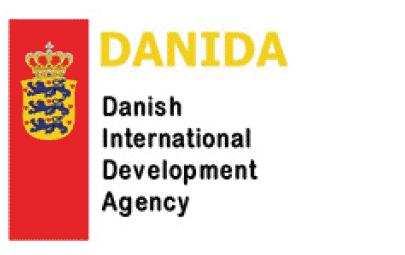- Motivational Programme for Sensible Journalism, Phase 1
- Capacity building for journalists of three hill districts
- Motivational Programme on Sensible Journalism, Phase II
- Capacity Building for Journalists
- Fellowship Program for Women Journalists
- Capacity Building for Journalist of Three Hill Districts
- Education Programme for Harijan Children
- Programme for Promoting Human Rights of Ethnic Minorities
- Fellowship Programme for capacity building of young journalists
- Development Programme for Female Journalists
Building Teenagers as Good Citizen
Building Teenagers as Good Citizen
 Supported by: The Royal Danish Embassy
Supported by: The Royal Danish Embassy
Period: December 2006 to February 2010
In two phases News Network implemented the project in 72 secondary schools in 18 districts of the country. More than 12 thousand students aged between 14 and 15 participated in the programme. Objectives of the project were to increase the level of awareness of school students on human rights issues, including child and woman rights, and motivating them for promoting peace and tolerance in the society. The project also advocated for incorporating human rights in school curricula. Key activities of project included motivational lectures to the students and participating in an essay completion on How to be a Good Citizen.
The Danish Ambassador to Bangladesh Einar H Jensen distributed certificates and prize money to 52 winners (students) of the essay completion. Functions were held on February 26, 2008 and February 17, 2010 in Dhaka.
Ambassador appreciated the News Network’s programme for the school student and said, “Children are considered as a long-term resource in the development process of Danish development cooperation policy. The obligation in the UN Convention on the Rights of the Child (UNCRC) is a direct point of departure for Denmark’s development efforts. Denmark’s development policy promotes for the rights of children and young people and ensures them the opportunity for democratic influence”.
He said, “Assistance to the efforts designed to promote respect for human rights and governance is a central and integrated element of Danish development cooperation policy. The promotion of human rights and good governance is an essential part to the advancement of democracy and human rights. Thus the awareness of democratic and governance principles in improving the human rights situation and the overall democratization process is essential”.
Youth in Good Governance
Youth in Good Governance
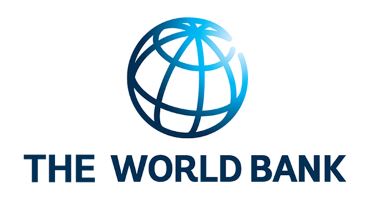 Supported by: The World Bank
Supported by: The World Bank
Period: July 2006 to June 2007
“Good Governance in Bangladesh: My thoughts” within collegeNews Network organised a countrywide essay competition on and universities students age in between 20 and 25 years. Hundreds of students participated in the competition. A group of experts, including university teachers, development activists, economist and senior journalist examined the essays and selected best top ten writers.
The award giving ceremony was arranged in Dhaka on Mach 21, 2007. The World Bank Country Director Xian Zhu, Trustee Board Chairman of Transparency International-Bangladesh Chapter Professor Muzaffar Ahmad, university teachers, members of civil society, students and their guardians were present in the occasion. Xian Zhu distributed the certificates and prize money to top ten writers. A report of the programme was published later.
Development Program for Female Journalists
Development Program for Female Journalists
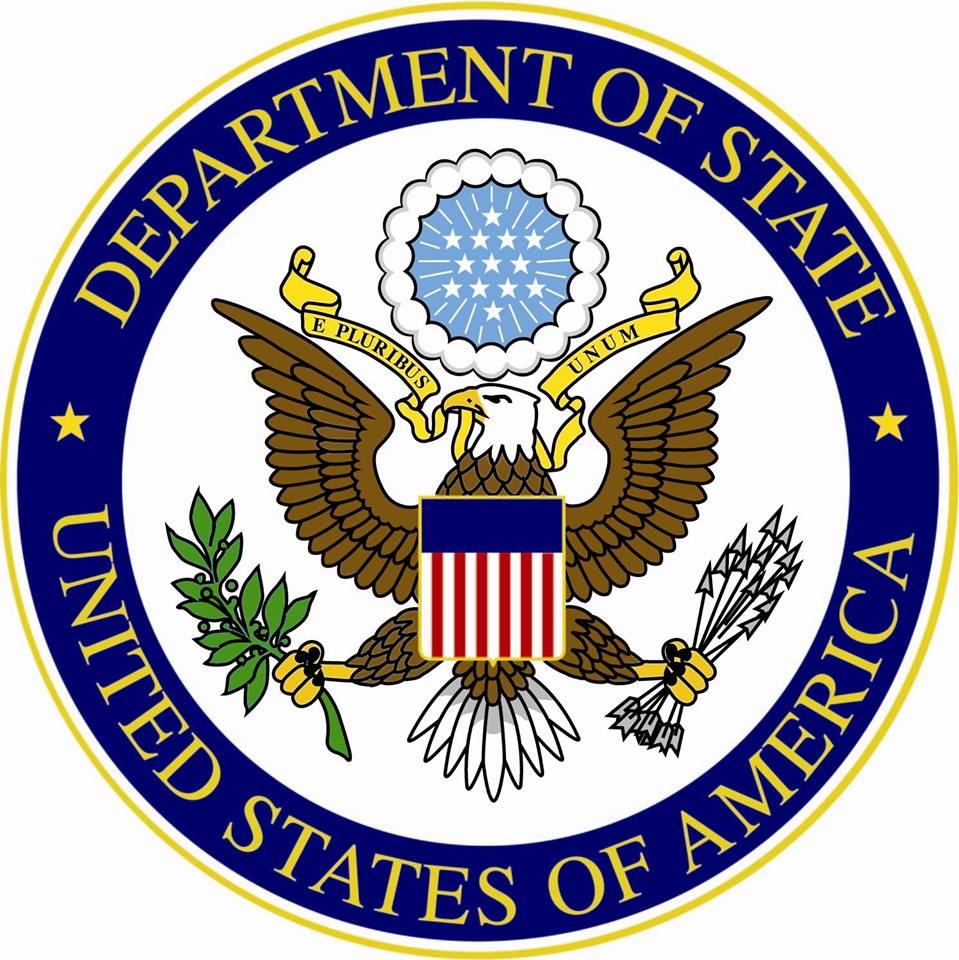 Funded by: The America Center, Dhaka
Funded by: The America Center, Dhaka
Period: October 2005 – September 2006
One of the main project activities was conducting a four-month skill development programme on journalism for 20 female graduates. The prime aim of the project was to increase the number of female journalists in the country. During the fellowship the female journalists received training on news/feature writing skills as well as photography.
A good number of feature and feature stories were developed by the fellows. They also took part in photo-walks across the country to take photos on various social issues. The news features prepared by the fellows were released to print media for publication and a book was compiled with those items and an album of photographs was published for documentation and disseminated to media houses and national-international organizations.
The fellows found the training useful and effective. During the project period US officials working in Dhaka and Washington visited News Network and observed the programme activities. The then Charge d’Affairs of the American Embassy in Dhaka Ms. Judith A. Chammas visited News Network Office on March 6, 2006. She exchanged her views with the fellows and distributed certificates among a group of trained fellows. She highly praised the initiative of News Network to create journalism as a profession for female graduates.
Media Documentation Project
Media Documentation Project
Project Period: September 2003 to December 2005
Under this project News Network planned to develop a web-based documentation centre for media professionals and experts to develop the trainers of News Network, conduct journalists training and fellowship programme for female journalists.
Under this programme, two staff writers of News Network completed their ToT programmes which was conducted by Danish School of Journalism in Dhaka. After the training, the staffs had also successfully conducted four different journalists’ training programmes.
Civil Rights Watch Programme
Civil Rights Watch Programme
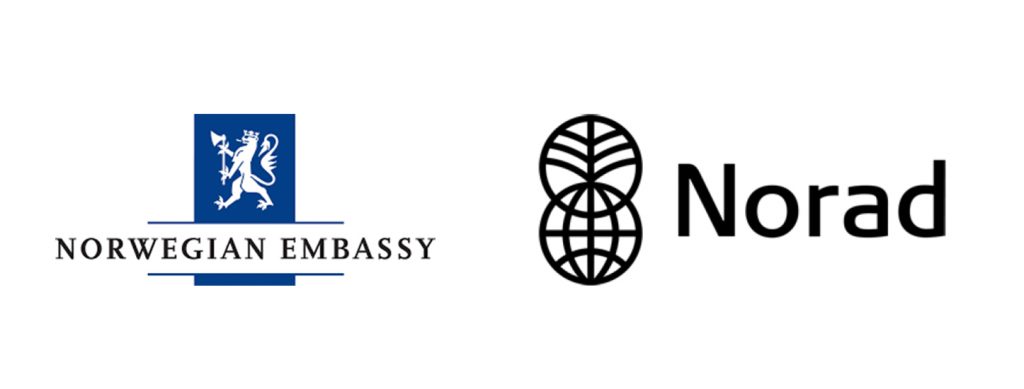 Supported by: NORAD/Norwegian Embassy, Dhaka
Supported by: NORAD/Norwegian Embassy, Dhaka
Project period: October 2002 – September 2005
Major activities of the project included i) organiing skill development programme for young journalists, ii) Fellowship for female graduates on journalism and iii) conducting short studies and iv) publishing a quarterly newsletter on civil rights issues.
Goals of the project were to encourage Bangladeshi media to play a greater role in the field of civil rights and voice against social injustice and crime.
Under this project, twelve training programmes were organided in different districts headquarters. Each programme continued for four days and about 250 young journalists were trained up. Because of the training programme they have become more professional in delivering better items for their respective media houses.
Thirty female graduates received six-month training on practical journalism which helped raise the overall number of female journalists in the country. During the training they have produced a good number of news-feature/in-depth reports, which was also released to major newspapers/magazines for publication and they published it with due credit. News Network also published two books compiling their items.
Thirty six short studies on various important issues were compiled during the project period. Copies of the studies were disseminated to ministers, public representatives, officials, missions’ chief and heads of national and international organizations. A number of reports were prepared based on studies’ information and released to newspapers for publication.
A quarterly newsletter titled, ‘Civil Rights Watch’ was published this time. Contents of the newsletter were mostly centred to democracy, human rights, press freedom, violence and injustice related issues.
Policy Advocacy Programme
Policy Advocacy Programme
 Support by: The World Bank
Support by: The World Bank
Period: July 2002 – June 2003
The project was funded by The World Bank aimed to organise four national conferences in Dhaka, the capital city of Bangladesh. The topics of conferences were; Good Governance and Accountability, Gender and Women Empowerment, Corruption and Transparency, Social Development and Role of Civil Society.
News Network successfully organized all the programmes and the media widely covered the events.
Ministers, government high officials, Ambassadors in Dhaka, the World Bank Country Director and officials, representative from different national and international organisations, representatives of foreign mission in Dhaka, economists, experts and members of the civil society attended and participated in the conferences.
Reports of the conferences were published separately and disseminated to important address and media.
The World Bank also provided support to News Network to prepare a progress report of all the then Small Grant Programme (SGP) funded projects which was completed appropriately in time.
Media Advocacy Programme
Media Advocacy Programme
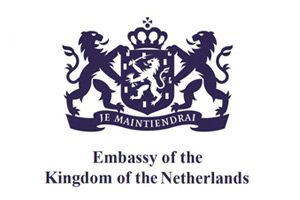 Supported by: The Netherlands embassy
Supported by: The Netherlands embassy
Period: August 2001-July 2002
Objectives of the project were to give better understanding to the journalists about gender equality and promote it through media advocacy. To achieve the goal following activities were undertaken which included holding media workshops. Under this programme, news-features on gender and women related issues were prepared and investigative reports were conducted and released to various print media for publications.
Project was completed in time. Media workshops were held in Mymensing, Sylhet and Dhaka city. Seventy two journalists participated in the programme. They were given motivation on skill development as well as gender equality and women right issues.
News Network published five in-depth/investigative reports on; i) Acid Terrorism, ii) Dowry Problem, iii) Domestic Violence, iv) Harassment and Hazard of Working Women and v) Rape. The organisation also prepared thirty news-features which were released to the print media and were published with due credit.
The investigative reports and features drew the attention of government and various organisations. In some specific cases such as acid throwing and dowry menace; necessary steps have been taken by the government to deal with the problem.
Gender Watch News Letter
Gender Watch News Letter
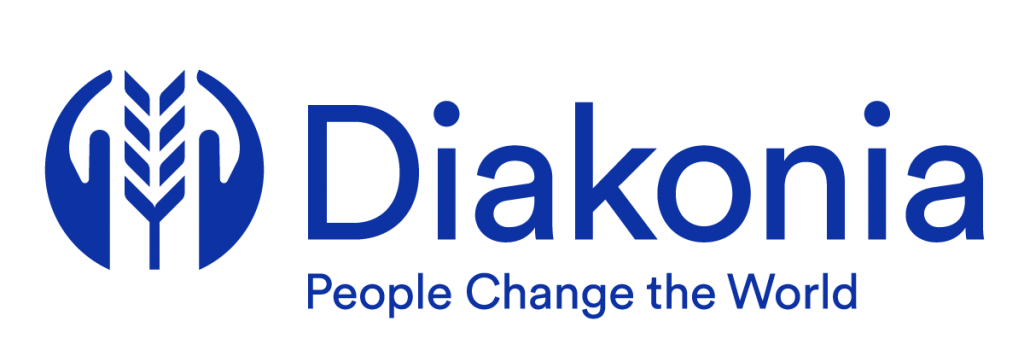 Project period: January 2000 – December 2002
Project period: January 2000 – December 2002
Supported by: DIAKONIA
DIAKONIA supported the News Network in publishing a quarterly
newsletter titled, ‘Gender Watch News Letter’ for their partners, members of civil society, human rights activists and the organizations involved in advocacy in different countries. News Network completed the project successfully. Twelve issues were published in between
January, 2000 and December, 2002. Articles of the newsletter were about gender equality issues. Many organisations used newsletter to make their beneficiaries aware about the issues.
Diakonia’s partners around the world appreciated highly of the newsletters.
Democracy and Human Rights Study Programme
Democracy and Human Rights Study Programme
 Supported by: NORAD/Norwegian Embassy
Supported by: NORAD/Norwegian Embassy
Period: May 1999 – April 2001
Goals of the project were to increase Bangladeshi media’s understanding of democratic practice and human rights issues and improve their ability to play a greater role in this field. Activities which were taken to achieve the goals include i) writing skill development and motivational programme for local journalists, ii) conducting short studies/surveys and iii) setting up a media resource cell.
The project completed successfully in time. A four-day long six workshops for journalists were organised for their writing skill development and better understanding on democracy and human rights issues. The workshops were organised in different parts of the country. About 150 journalists participated in these programmes. Senior journalists and experts conducted the training sessions. Twenty four important short studies/surveys were conducted during the project period. Some of them were; Cyclone and Life in Costal Belt, Life in Enclaves, Women in Prison, Pre-Medical Examination, Administrative Reforms, Consumers Rights, Human Trafficking etc. All the studies were released to media for public and got wide coverage. By this time, News Network managed to set up a media resource cell in its office.
Women Affairs Advocacy Programme
Women Affairs Advocacy Programme
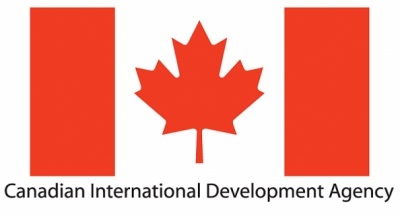 Project Period: May 1999 – December 2000
Project Period: May 1999 – December 2000
Funding Agency: CIDA
It was an innovative idea in Bangladesh to conduct a campaign to highlight different women affairs by preparing and publishing ‘Illustrated News Features’ in news media. About 60 items were prepared in both Bangali and English language. Most of the major newspapers and newsmagazines published the items with due credit. None of those items were dropped. The project activities were highly appreciated from the readers. Some development organisations have been using some of those articles, news-features as tools to develop their staff and aware their beneficiaries.

